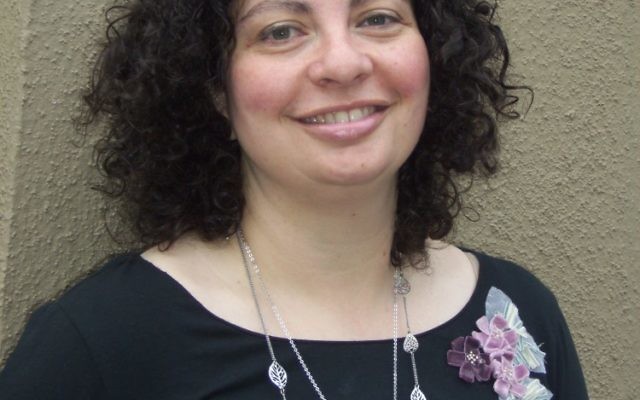Taking Root: Breaking the Golden Rule
By Rabbi Ruth Abusch-Magder | rabbiruth@gmail.com
“You know, you really messed me up by teaching me v’ahata l’reecha kamocha,” my son said to me on his first visit home from college.
The phrase is usually translated as “You should love your neighbor as you love yourself.” According the ancient Rabbi Akiva, this is one of the most important precepts of the Torah. It is the Jewish version of the Golden Rule. So when my children were young, we added these words to our nightly recitation of the Shema.
My hope was to have the day conclude with two essential forms of reflection, a consideration of how we treat others and a consideration of how we relate to the divine. After all, the relationship between people and the relationship between people and the divine are the twin pillars on which Judaism stands.
How could this have messed my kid up?
He explained that he had taken the teaching to heart and tried to live up to the intention. “But I run into trouble when I treat other people the way I want to be treated. They don’t want to be treated the way I want to be treated. They want to be treated the way they want to be treated.”
The difference, though subtle, is critical.
“For example,” he said, “when I am upset, I really appreciate a good hug. So when my friends are upset, I treat them like I would want to be treated. But I’ve gotten into trouble doing that, because it is not what they want. They don’t need what I need; they need what they need.”
Part of my son’s experience was the inevitable outcome of growing up and into more sophisticated forms of empathy. The toddler who used to have to think hard when asked if he would like his sister to take a toy from him just as he had done to her had become a man with a generous heart and spirit capable of thinking well beyond his own experience and needs.
But his observation speaks to a deeper truth about the complexity of kindness.
Doing for others what they need is hard. I often fall short, defaulting to my own point of reference. Most weeks I make challah, and I usually make more than my family needs so I can give them away. I recognize that this kindness, though usually appreciated, begins with my own sense of what I might want and what I find meaningful, not with the specific need of the other.
A fine line separates the kindness we do for others from the kindness we do for others that is really for ourselves.
As a rabbinic student, I served a small congregation. When one of our youngest members became terminally ill, my instinct was to reach out and help in every way I could. The family had other ideas. They were angry at G-d. Given the connection to G-d I represented, they wanted little to do with me and asked me to leave them alone.
I wanted to give to them, but that was not the kindness they sought. I felt uncomfortable not doing anything. But it was better that I, rather than they, was uncomfortable. In this case, by acting in true kindness, my own need to do was left unmet, but their need was fulfilled.
Recognizing that your neighbor has needs that are distinct from your own is its own form of kindness, a recognition of the full humanity of the other.
There is a kindness in any nice action but greater kindness still in listening and finding out what the other needs. It is not easy to do. Our best default is usually our own point of view.
Recognizing that the other is not like you is itself a profound kindness and often a stretch. Seeing the individuality of the other and acting generously nonetheless builds a connection across difference.
Most of the time when we treat others as we ourselves want to be treated, we don’t mess things up and do add to the positive balance in the world. We let someone in line in traffic, we hold a door for the person behind us, we bring a meal to a sick friend — these are good things, and we can all do them more.
Recognizing that the other is indeed other but equally worthy is by no means as easy as abiding by the Golden Rule, but sometimes we need to break the rule to make the world a better place.





comments